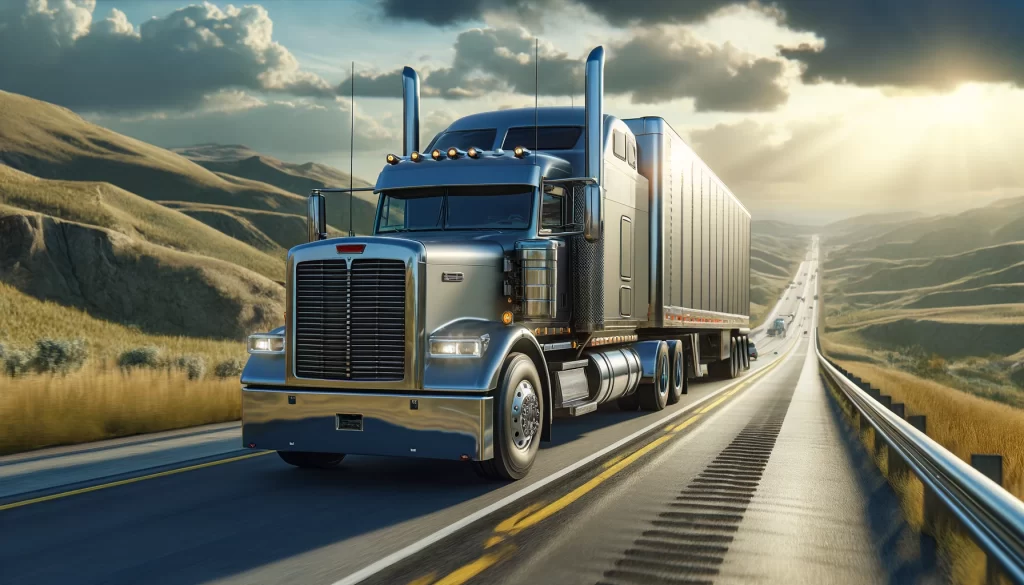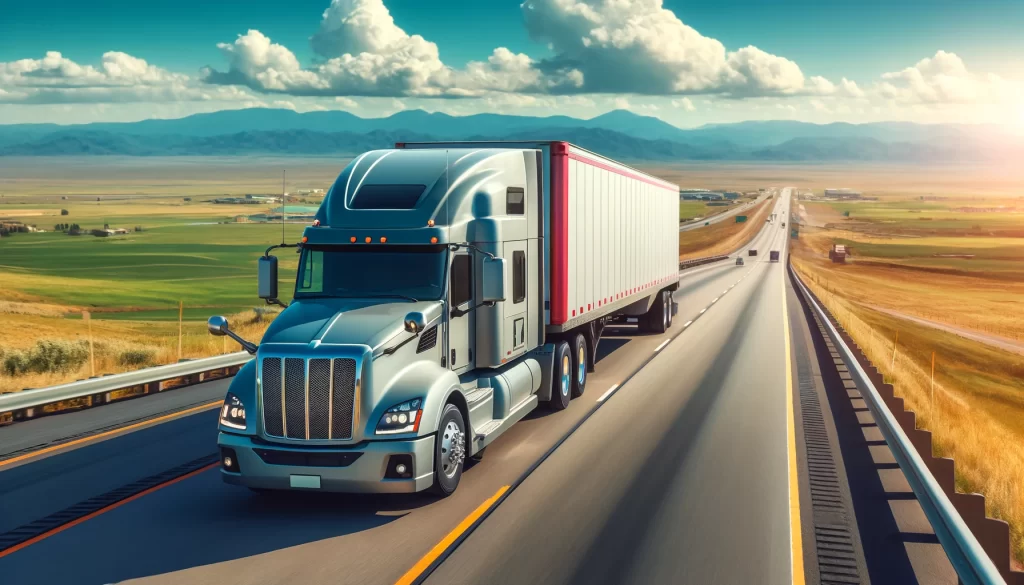Louisiana Oversize Permits
Freedom Heavy Haul can offer expedited Pickup and Delivery for any size shipment anywhere in the USA. Contact us today for No Hassle, No Pressure Pricing.
Oversize permits in Louisiana are crucial for maintaining the balance between the transportation industry’s needs and public safety. These permits regulate the movement of larger-than-standard vehicles, ensuring that both the transporters and other road users operate within a safe environment. Oversize permits help in handling loads that exceed normal weight and dimensional limits, which could otherwise pose significant risks on the road. In this article, you will learn about Louisiana Oversize Permits.
Purpose and Importance of Louisiana Oversize Permits
The primary purpose of Louisiana Oversize Permits is to allow the safe movement of large loads that cannot be broken down into smaller sizes. These permits are essential in industries such as construction and manufacturing, where large pieces of equipment need to be transported over long distances. By adhering to the permit regulations, companies can minimize the risk of accidents and ensure the structural integrity of roadways and bridges.

Impact on Road Safety and Infrastructure
Oversize permits have a direct impact on road safety and the preservation of infrastructure. The specific conditions outlined in these permits, such as route planning and speed restrictions, are designed to protect roads and bridges from damage caused by excessive weight and size of the vehicles. Furthermore, these regulations help in reducing congestion and enhancing the flow of traffic, thereby increasing safety for all road users.
Legal Framework for Oversize Loads
Louisiana’s legal framework for oversize loads establishes the guidelines under which vehicles carrying large loads must operate. This framework is pivotal in ensuring that transportation practices do not compromise road safety.
Standard Limits and Specific Restrictions
In Louisiana, the standard legal limits for vehicle dimensions and weight are strictly enforced unless an oversize permit has been granted. These limits are in place to ensure that vehicles fit within the design specifications of the roads and bridges they travel on. Oversize permits allow for exceptions to these rules but come with stringent conditions to mitigate potential risks.
Insurance Requirements for Permit Approval
Applicants for oversize permits must meet specific insurance requirements, which serve as a financial safeguard against possible damages incurred during the transport of oversized loads. This insurance must cover both the load and any potential damage to public infrastructure, ensuring that the state and its citizens are not unduly burdened by costs resulting from accidents or infrastructural damage.
Permit Application Process
The process for applying for an oversize permit in Louisiana is detailed and requires thorough documentation to support the safe transport of oversized loads.

Steps to Access and Use the Safehaul Permit Manager
The Safehaul Permit Manager is an online system that facilitates the application and management of oversize permits. Applicants must register on the platform, fill out the necessary forms, and submit their route proposals for approval. This system streamlines the process, making it more efficient and accessible for transporters.
Documentation and Fee Details
The documentation required for an oversize permit includes vehicle registration, proof of insurance, and detailed route maps. The fees for these permits vary depending on the size and weight of the load, the distance to be traveled, and any special handling that may be required.
Regulations and Road Restrictions
To manage the impact of oversized loads on public roads, specific regulations and restrictions are set by the state.
Designated Travel Times and Routes
Oversize permits often specify the times during which the transport can occur, typically during off-peak hours to minimize the impact on regular traffic. Additionally, certain routes are designated for oversized loads to avoid areas with infrastructure that cannot support excessive weights or sizes.
Escort and Pilot Car Protocols
For particularly large or potentially hazardous loads, the use of escort vehicles or pilot cars is mandatory. These escorts help in managing traffic, ensuring the safety of the oversize load, and alerting other road users to the presence of an abnormal load.
Regulatory Compliance and Enforcement
The enforcement of oversize permit regulations is critical to their effectiveness.

Monitoring and Compliance Checks
State authorities actively monitor compliance through roadside checks and weigh stations. These inspections help in enforcing the conditions of the permits and act as a deterrent against non-compliance. Regular audits and assessments also ensure that companies are maintaining the required standards over time.
Penalties for Non-compliance
Penalties for failing to adhere to oversize permit regulations can be severe, ranging from fines to revocation of transportation licenses. These penalties reinforce the importance of compliance and deter companies from bypassing legal requirements.
Future Outlook and Regulatory Updates
Looking ahead, the regulatory landscape for oversize permits is likely to evolve in response to changes in technology, transportation needs, and infrastructure developments.
Recent Legislative Changes
Recent updates to laws and regulations reflect the state’s commitment to adapting its policies to current needs and technologies. These changes often aim to improve safety measures and streamline the permitting process.
Anticipated Trends in Transportation Regulations
Future trends in transportation regulation may include more stringent safety protocols, enhanced use of technology for route planning, and increased collaboration between states for interstate transport of oversized loads.
Conclusion and Resources
This overview of Louisiana Oversize Permits highlights the crucial role they play in maintaining road safety and infrastructure integrity.
Summary of Key Takeaways
Understanding the scope and necessity of these permits helps companies and individuals plan effectively for the transport of oversized loads.







